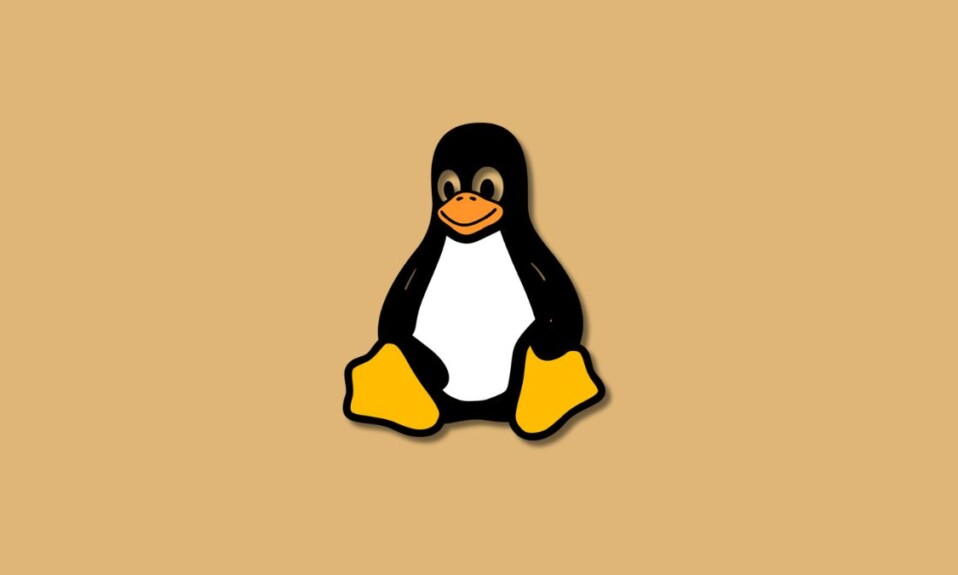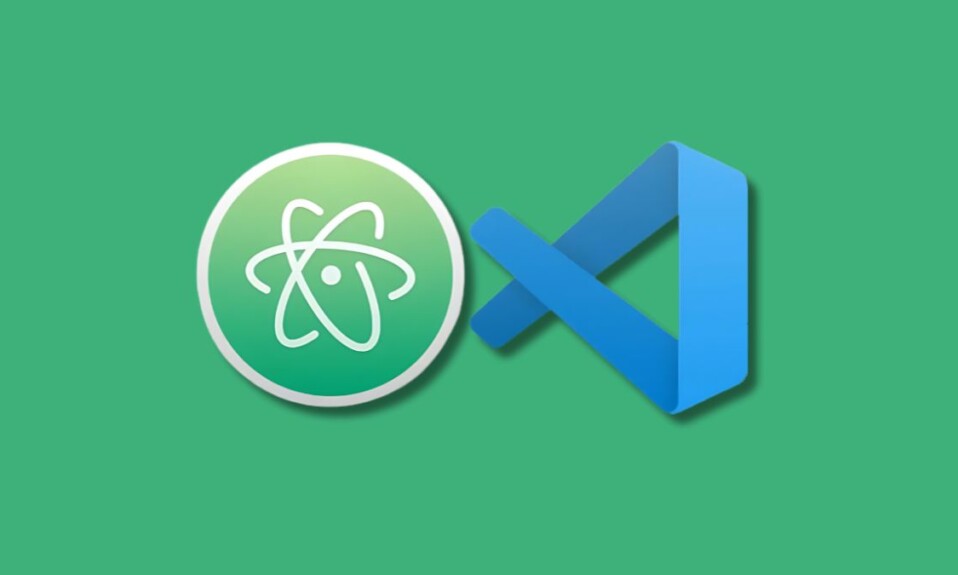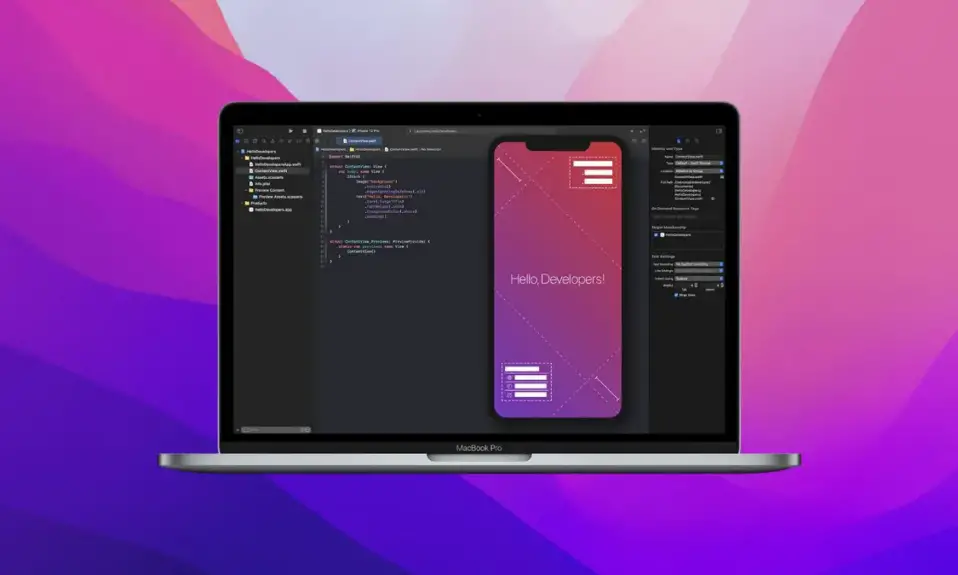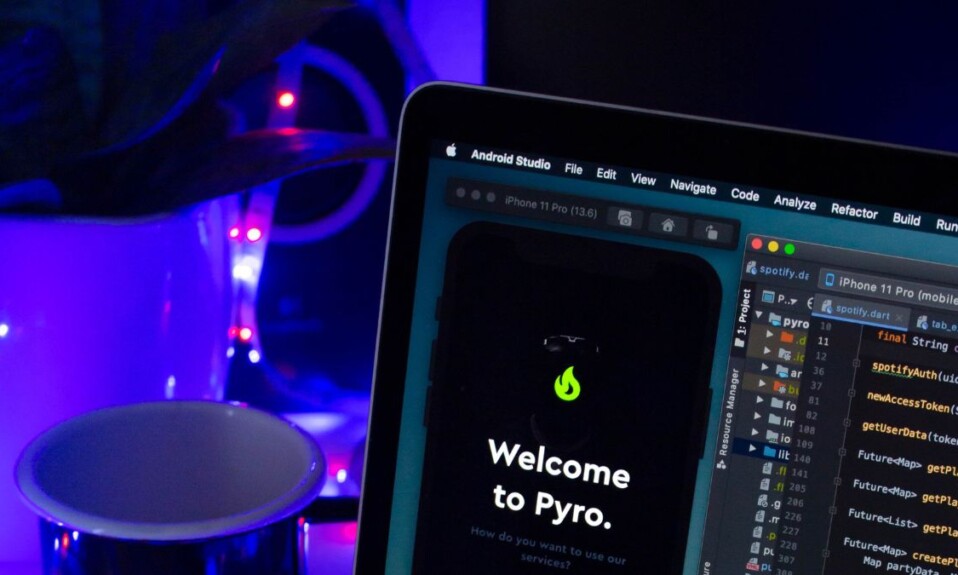
If you’re wondering what Linux is, we can say it’s an operating system, to begin with. However, over the span of 28 years, Linux has been the foundation of numerous other operating systems and software packages. From smartphones to cars, supercomputers, and home appliances, the Linux operating system is ubiquitous. Even your favorite mobile operating system, Android, is based on Linux.
In this article, we will discuss various aspects of the Linux operating system, including its essential features and benefits. We’ll also take a sneak peek at its creator and the evolution of the Linux operating system over the years. Finally, we’ll delve into various implementations as well.
What is Linux?
Linux is a free and open-source operating system based on the Linux kernel. Its functionality is quite similar to UNIX.
When you can edit the source code of any software, they are considered an open-source software package. Linux serves as an excellent example of open-source software. It is more than just a software package; it is an operating system that allows developers to edit and customize its appearance and functions.
However, you cannot customize Linux directly; you need a set of Linux functions known as the Linux kernel for that purpose. We will discuss what the Linux Kernel is later in the article.
Evolution of Linux
Linus Benedict Torvalds was the original creator of the Linux Kernel back in the year 1991. You might be thrilled to know that the kernel for the Linux OS that Mr. Torvalds created was later tweaked, giving birth to the Linux Distribution System. Remarkably, these distribution systems are responsible for enabling you to use the Android Operating System on your mobile phones.
The Linux Distributions quickly gained popularity. Some of the renowned names include Fedora, Debian, and Ubuntu. Subsequently, several companies used Linux Distributions to create their own versions of the operating system, such as Red Hat Enterprise Linux and SUSE Linux Enterprise Server.
Linux Kernel
If we want to elaborate on the Kernel, it is one of the central units of an operating system. So, in this case, the OS is Linux, and hence, the Linux Kernel is typically an open-source software package. Whatever you decide to do in Linux, you must understand how the Kernel system works.
The kernel serves as the intermediary between the software and hardware, determining whether to grant permission to a program or not. Additionally, everything from how the program accesses files to how it communicates with the hardware depends on the kernel.
The Linux Kernel is monolithic, meaning it consists of multiple device drivers required to run. Moreover, it is a Unix-based operating system, enabling multitasking. However, today, the landscape has changed to the extent that most portable devices use the Linux Kernel as their primary operating system.
Benefits of Linux Operating System
If you consider the advantages of using Linux, you’ll probably be tired of counting. Therefore, we’re mentioning some of the essential benefits in simple terms:
Open-Source: As discussed several times now, one of the most significant advantages of using the Linux Operating System is its open-source nature. So, if you’re familiar with programming languages, you can theoretically tweak the operating system to your convenience. That’s how all the Linux Distributions were created.
Low Cost: Because Linux is open-source, you can obtain the source codes free of charge. Then, you can develop new applications. Countless companies have used this strategy to create new applications, resulting in significantly lower costs for such programs.
Stability & Performance: Linux is highly efficient in terms of stability and performance. You can work continuously for hundreds of hours without even rebooting the system. Moreover, you and your friends can work simultaneously and share large network servers too.
Flexibility & Compatibility: With Linux, you can work on high-performance server applications, embedded systems, and desktop applications. It also runs on almost all platforms, allowing you to play any file format. Additionally, you have the option to restrict users if you wish.
Practical Implementation of Linux
You can run Android using Linux. Therefore, smartphones, tablet computers, and even smartwatches also utilize Linux. One of the most significant aspects is that you can literally build anything you wish if you know how to. In fact, the top 500 supercomputers in the world also use Linux as their primary operating system. Linux is ubiquitous.
Linux is not just a regular operating system with proprietary functions. It is a powerful tool that can shape your ideas into reality. With Linux, you can also enjoy media, run your programs, and even build a hybrid operating system as well.








